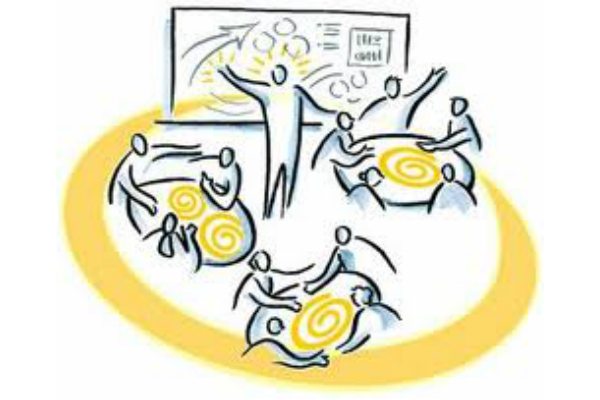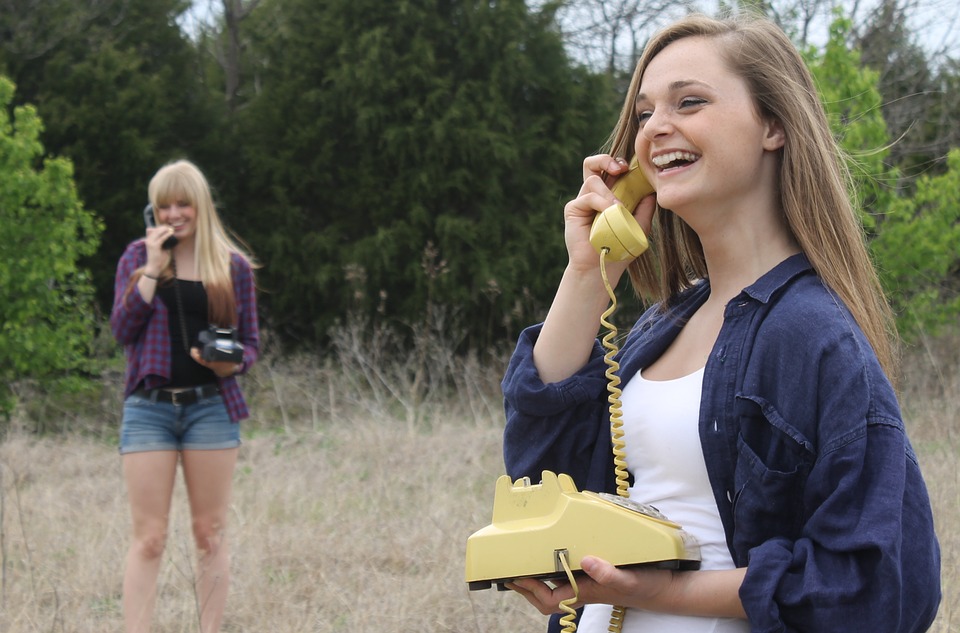My visiting card says that I am a Facilitator.
It often gets people screwing their eyes, looking at my card quite intensely – running a hand around their chin in contemplation, and then the inevitable question: “But what do you facilitate?”. A very fair question considering that in our country you can facilitate a lot of unpleasant and even unethical things.
So, without giving too much time for such thoughts to take root, I quickly say, “I facilitate conversations”. The quizzical look still remains, which is when I explain in more detail: “We conduct workshops of different kinds for teams – ones that center around Leadership, Innovation & Teambuilding. Conducting these workshops call for managing the discussions that emerge from them. That’s what I do”. Sometimes people still wonder: “Is that really difficult? What skill does that take?”
 While level of difficulty is a personal thing that varies from person to person – and skillsets for a Facilitator is something that is well documented all around the internet, one thing that is not much written about is: The attitudes that a good Facilitator needs to possess. From my experience of being a Facilitator for some time now, here are a few that I think are critical:
While level of difficulty is a personal thing that varies from person to person – and skillsets for a Facilitator is something that is well documented all around the internet, one thing that is not much written about is: The attitudes that a good Facilitator needs to possess. From my experience of being a Facilitator for some time now, here are a few that I think are critical:
1) A Swan Attitude
Table of Contents
Make no mistake about it – the minute you are in front of a group as their Facilitator, people have begun to evaluate you. How you carry yourself, the body language that you project – every small body movement that you do, is communicating something about yourself to your audience. As Professor Albert Mehrabian correctly asserted: around 93% of what you communicate is through means other than words – your body language and your tone of voice. So, a Facilitator needs to be very conscious of what he is so communicating.
But that is only half the story. People are unpredictable and so are situations that involves people. Very often, despite the best of preparation and planning, many unexpected things happen in a workshop situation. These are the occasions that show the true mettle of a Facilitator. Does he panic? More importantly – does the panic show in his voice, demeanor or in any of his actions? Animals they say, can smell fear & panic. What is not often mentioned though is that: so can humans. A Facilitator who seems to be in panic mode can soon see the respect of his audience being replaced with sympathy. Not a good situation to be in – because it also means he loses control of the group.
Here at FocusU, we have a term we often use: we call it the “swan attitude”. A swan seems ever so calm to an onlooker, but down below – she is furiously paddling away. Regardless of whatever situation unravels, a Facilitator needs to always have this “swan attitude”. As they say, “shit happens” – but what is important is that it is handled in the most cool, collected and composed way by the Facilitator.
2) A Water Mindset
Things that are hard and rigid, can be broken. Water on the other hand, by its very nature always finds a way around. This simple metaphor holds an important lesson for all of us who aspire to be good Facilitators.
Any professional Facilitator, would generally enter a workshop with a meticulously planned design & flow for the day. However, and this is especially true while conducting senior leadership workshops – two things tend to be variable: the amount of control that the Facilitator needs to exercise and the amount of time certain sections tend to take. Herein lies an interesting challenge: if the Facilitator is too lax, conversations can meander on and on without a clear direction. If the Facilitator is too rigid on timelines, he may be cutting short some important discussions that could possibly help the team.
Keeping the water metaphor in mind often helps in such a situation. If you think of the stream of conversations as a stream of water: Is the water moving in the general right direction? Then it is ok for the Facilitator to be lax and let the conversations continue. However, if it is meandering and heading in directions other than the overall direction defined in the objectives for the workshop, it is time for the Facilitator to step in and bring it back on course. It is important for a Facilitator to know when to flex his style. True – a lot of it comes from experience. But keeping the overall objective in mind at all times can be a light house at such times.
3) A Dual Mindset
Many a time, Facilitators work to a script – and it shows. It shows in the way the Facilitator would continue to say what he has to say, regardless of what someone in the audience has said. It shows in examples that are not contextually right. It shows in the fact that the Facilitator is not truly listening to what everyone in the audience is adding to the conversation to make it richer. It sometimes shows in the way a Facilitator rushes his talk. People in the audience sense this very quickly – and the connect is quickly lost.
A Facilitator needs to be completely present in the moment. He needs to hear every conversation intently, gifting the person who is talking with his full and complete attention. He needs to make full eye contact while he is doing so. Only by doing this, will he be able to connect the dots – weave in examples that are contextually right and build the conversation ahead.
But while doing this, there is one piece of duality that his mind has to always exhibit. That is the clarity of “What Next?”. Every thread of conversation needs to lead up to the next. It cannot be completely disconnected. Similarly, every major activity needs to seamlessly lead into the next. While a lot of this is planned for, during the dynamic of a workshop, it is important for a Facilitator to always be situationally aware of where the overall stream of conversations is heading.
Have you ever facilitated a conversation in a group? Do share whether these thoughts resonate for you.










